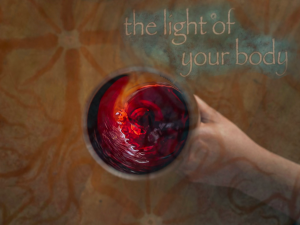From “Good Women” by Tayler Raven Hanxi Bunge
Fiction,

Field Notes,
I’ll admit, some of the modern book cover trends are not my favorite, but now I see them with more positivity. They make me consider the new readers— the ones stepping into the literary world for the first time.

Field Notes,
My mind’s eye becomes that of a tlaquetzqui, and I find my soul operating on a different plane. I understand it all. I don’t know if it was the references to the music of my childhood or the red wine starting to kick in (maybe a mixture of both?), but I felt a wave of admiration come over me.

Field Notes,
We’re excited to share some updates to our submission guidelines and payment rates!